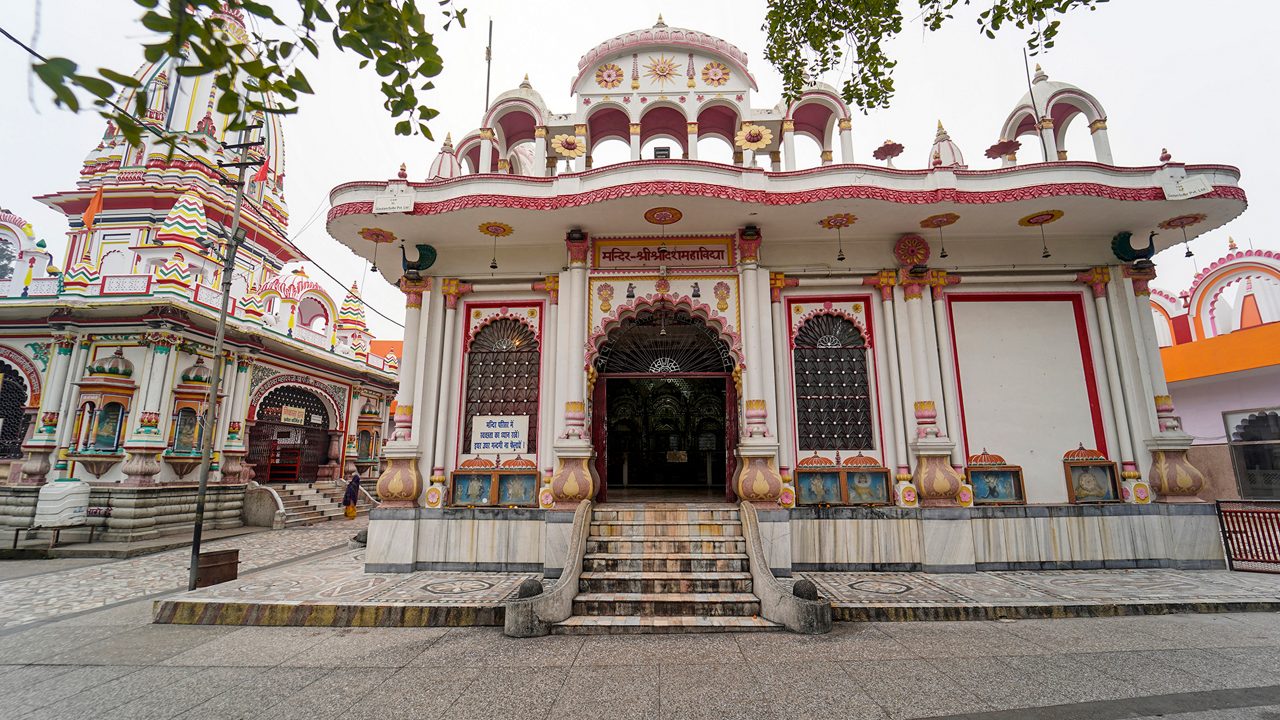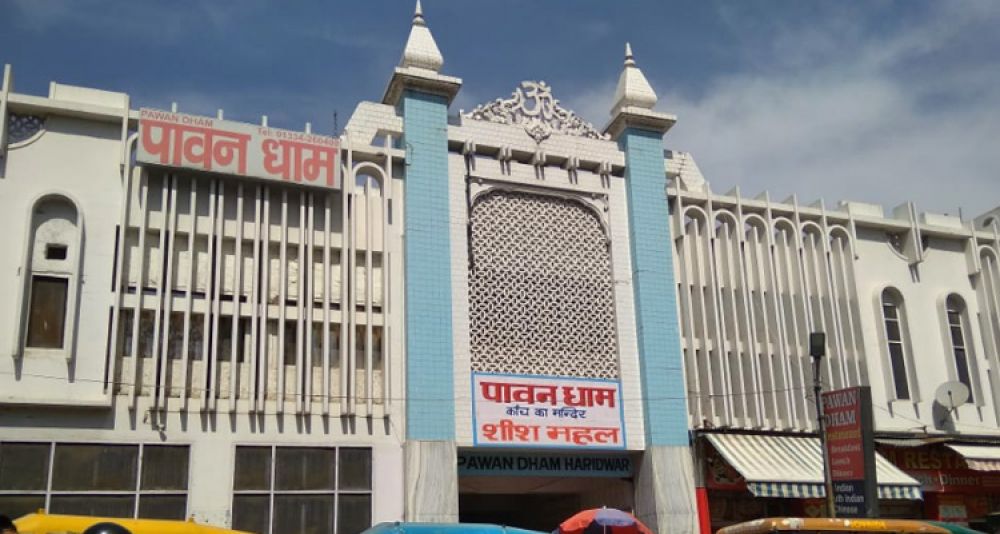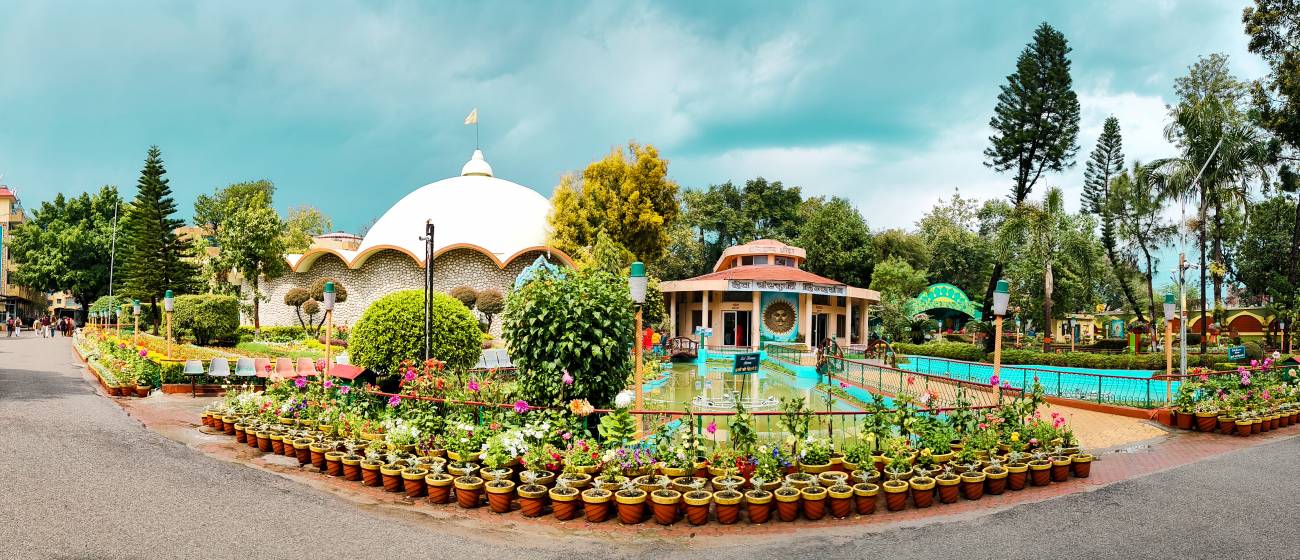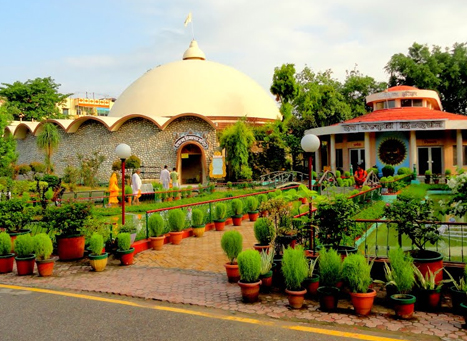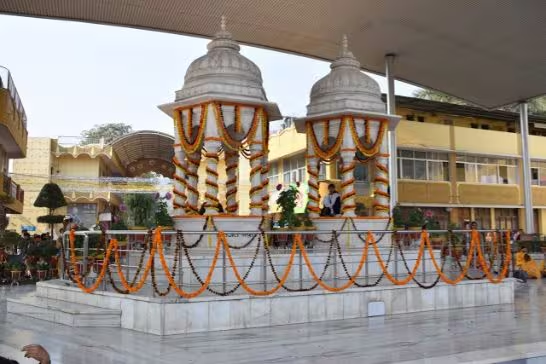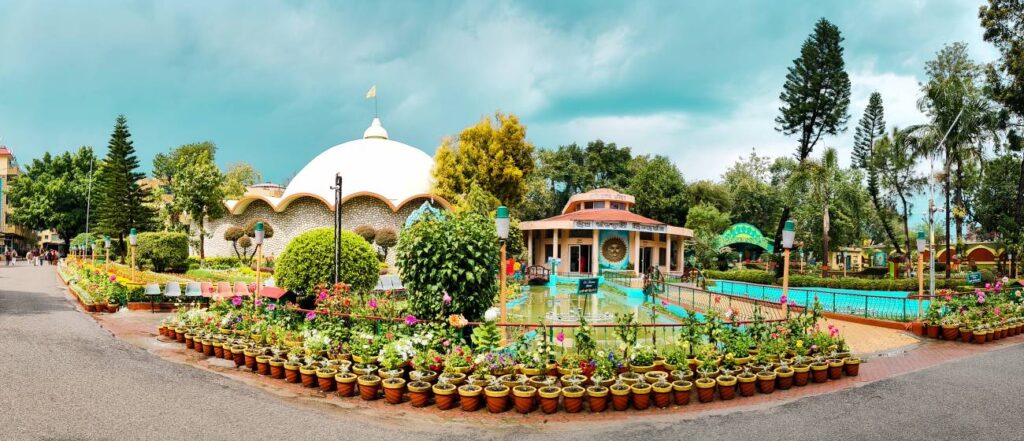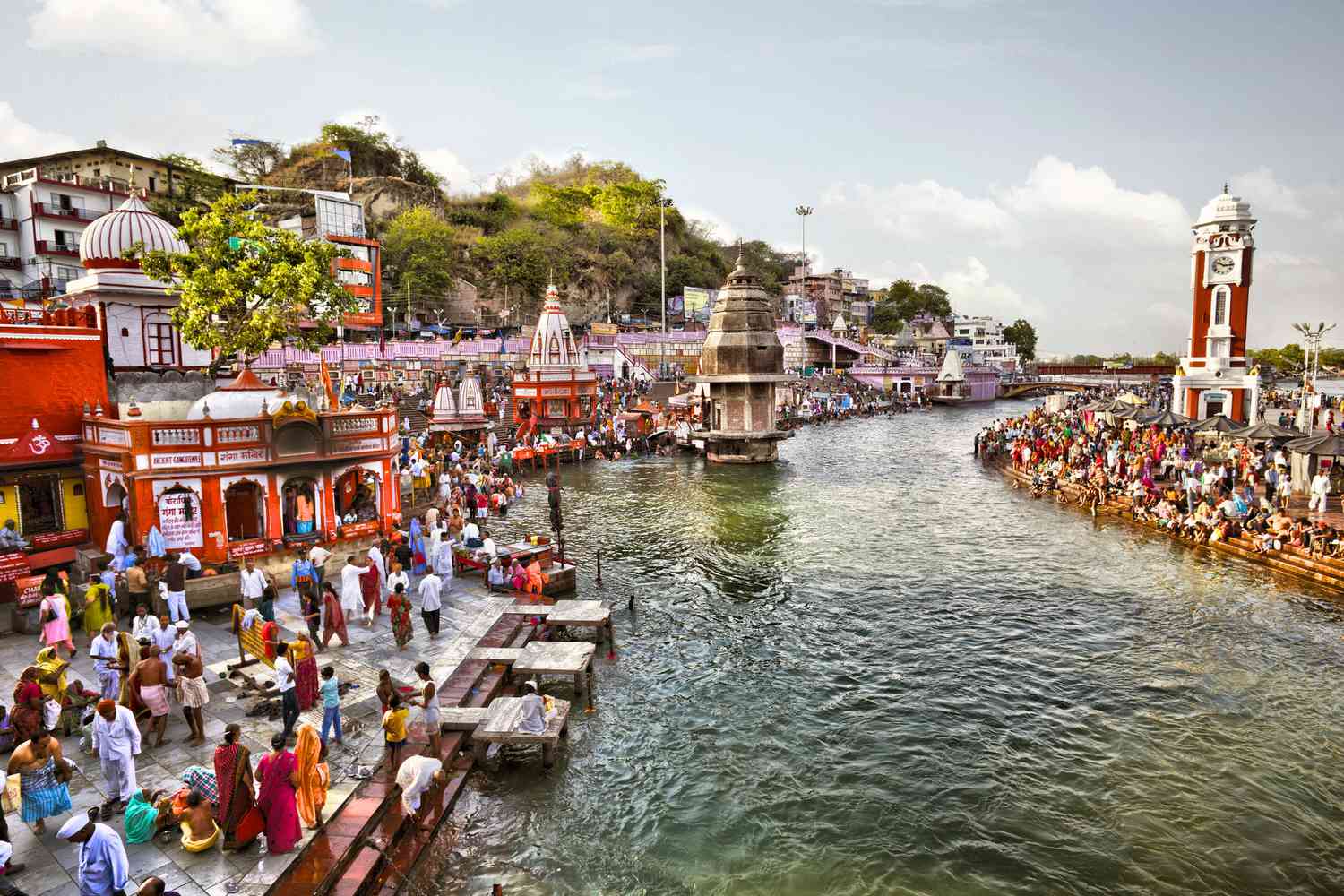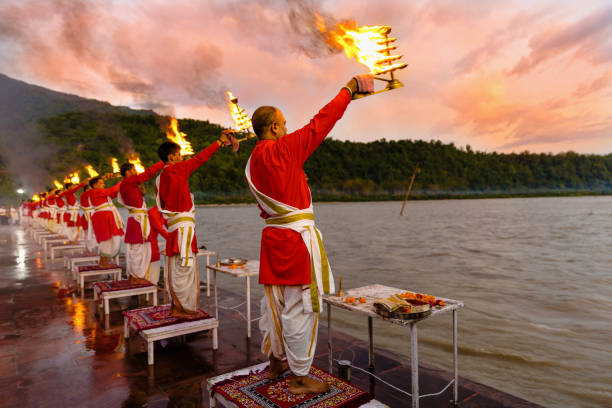Daksha Prajapati Temple is one of the most sacred and historically significant temples in Haridwar. Located in the holy town of Kankhal, the temple is dedicated to King Daksha, the father of Goddess Sati. This temple marks the divine site where the legendary story of Sati, Lord Shiva, and Daksha Yajna took place. Rich in history, spirituality, and devotion, Daksha Temple is a must-visit for every pilgrim exploring Haridwar.
The temple beautifully preserves the ancient history of Haridwar and is visited by thousands of devotees who come to offer prayers and seek blessings.
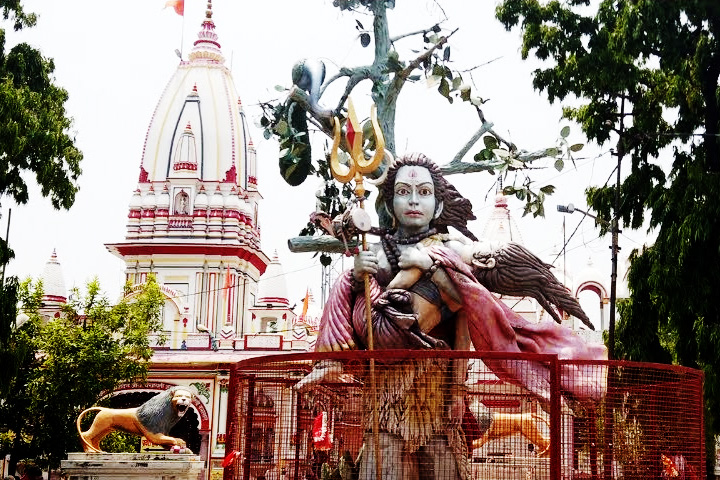

Mythology & History
According to Hindu scriptures, King Daksha organized a grand yajna but did not invite his daughter Sati and Lord Shiva.
Hurt by this insult, Goddess Sati self-immolated at this very spot.
Enraged, Lord Shiva destroyed Daksha’s yajna, and Daksha was later given back his life with a goat’s head.
This temple is built to honor the place where this major event of Hindu mythology occurred.
The temple was reconstructed in the 19th century by Queen Dhankaur.
Key Attractions Inside the Temple
Shivalinga Shrine – Dedicated to Lord Shiva.
Yajna Kund – Represents the original Daksha Yajna site.
Idols of Daksha Prajapati & Sati Mata
Peaceful Ganga Canal View
Ancient temple architecture with sacred symbols
Temple Timings
Morning: 6:00 AM – 12:00 PM
Evening: 3:00 PM – 8:00 PM
Why Visit Daksha Prajapati Temple?
A major mythological site of Hindu history
Peaceful and spiritually energizing environment
Beautiful temple architecture
Perfect place for meditation and prayer
Important pilgrimage spot in Haridwar’s Kankhal region
Nearby Attractions:
Dudhadhari Barfani Temple
Maa Vaishno Devi Temple (Haridwar)
Bholagiri Ashram
Har Ki Pauri
Mansa Devi Temple
Facilities at the Temple
Shoe stand
Drinking water
Prasad shop
Clean and peaceful surroundings
Sitting area for devotees
Nearby market for essentials
